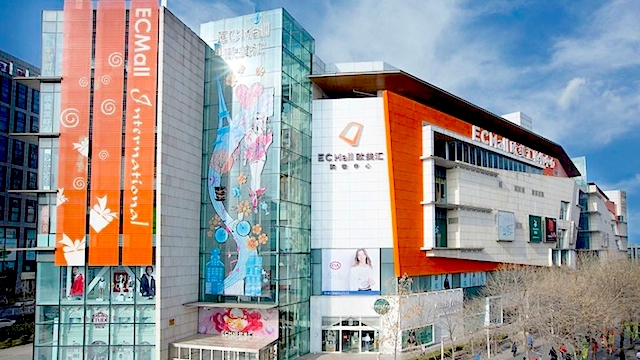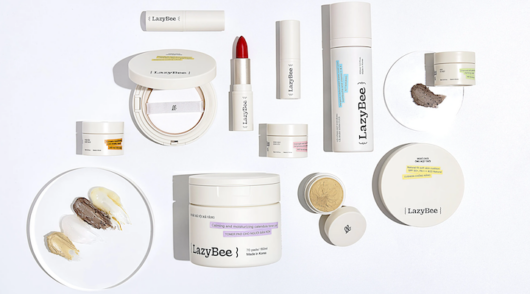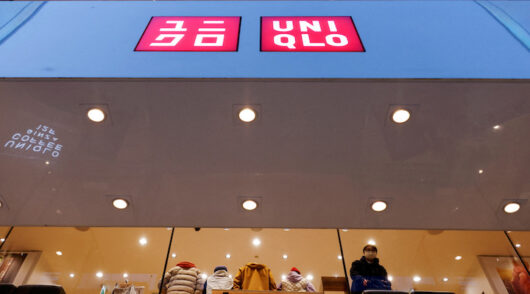Link Asset Management, which manages Link Real Estate Investment Trust, Link REIT, increased both its revenue and net property income by double figures during the year ended March 31.
Revenue rose 13.2 per cent to HK$8740 million (US$1125.68 million), while property income rose 14.9 per cent to HK$6513 million.
During the year, the value of its investment properties portfolio – including property under development and properties in mainland China acquired during the year – continued to improve, reaching $160,672 million, an increase of 16.1 per cent.
“The past 10 years have seen the transformation of Link from being a passive manager of a portfolio of legacy assets to becoming an innovative and world-class real-estate investor and manager,” says the group.
An active and productive financial year saw the group capitalise on high-potential investment opportunities, and it also launched its new brand, in development for two years.
It was also an important year for improving its portfolio, refining tenant mix and enhancing properties in Hong Kong, disposing of non-core properties and adding two properties in mainland China.
“The management of our retail and car park facilities has evolved to be our strength and expertise,” says the group. “Through scalable innovation, we continue to leverage on this competitive advantage. This strategy is supported by close monitoring and analysis of changes in district demographics and shopper preferences.”
Retail growth
Despite a challenging economic environment in Hong Kong, the group’s retail portfolio showed resilience. There was growth in nearly all areas of retail through the group’s leasing strategy to attract more productive tenants, especially in the food and beverage sector, and to cut down large shops into smaller ones.
Occupancy rate for the portfolio reached 96 per cent, with a record 6.7 per cent year-on-year retail rental growth.
Link segmented its Hong Kong portfolio into three groups – Destination, Community and Neighbourhood – for management and marketing tailored to different types of tenants and shoppers. Destination shopping centres contributed to 17.1 per cent of the portfolio’s retail rentals.
During the year, the group acquired EC Mall in Beijing and Corporate Avenue 1 & 2 in Shanghai. In Zhongguancun, the “Silicon Valley of China”, EC Mall offers mass-market retail products, and reached 100 per cent occupancy by the end of the financial year.
In February, the group acquired 700 Nathan Road in Mong Kok through a government tender. With its location and catchment, the property will be converted into a retail podium and tower.
Five asset-enhancement projects were also completed during the year: Tsing Yi Commercial Complex, Temple Mall North, Long Ping Commercial Centre, Wo Che Plaza and Tin Shing Shopping Centre.
Temple Mall North (previously Lung Cheung Plaza) in Wong Tai Sin was rebranded and upgraded to offer more space and shops. The atrium was revamped to cater for marketing activities.
Also rebranded was Wong Tai Sin Plaza, connected to Temple Mall North by a footbridge, as Temple Mall South. The two shopping centres are now run as one mall.
Given changes in demographics from new residential projects nearby, Tsing Yi Commercial Complex and Long Ping Commercial Centre were also improved, and Tin Shing Shopping Centre has been reconfigured with its fresh market repositioned as a regional fresh market.
Already the group has 11 enhancement projects in progress with another eight to start, and more than 16 other projects undergoing review.






